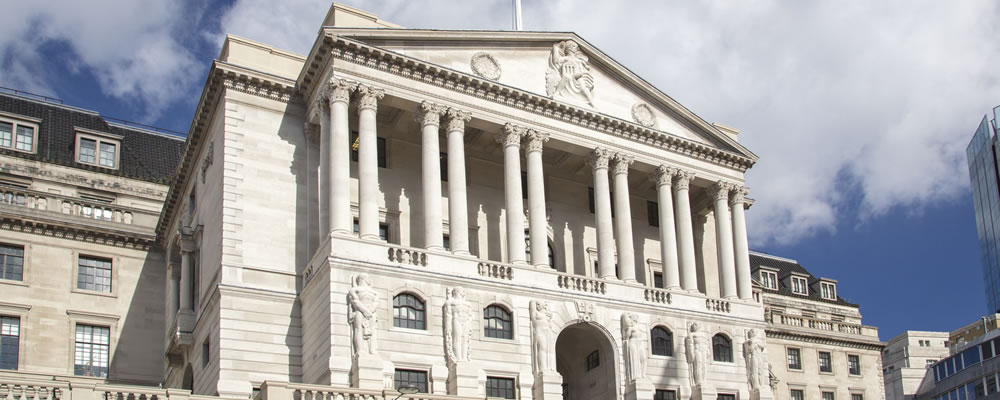Euro to Pound Exchange Rate Falling Back on Hopes for Global Action on Covid-19
The Euro’s (EUR) solid rally has come to an end for now, as the Euro to Pound Sterling (EUR/GBP) exchange rate has been sliding back from highs since yesterday. The Pound (GBP) has benefitted from slightly doused Bank of England (BoE) speculation.
Following last week’s strong advances, EUR/GBP was previously on track to see yet more big gains this week.
EUR/GBP opened this week at the level of 0.8601. The pair briefly touched over a pence and a half higher and hit a high of 0.8740 – the best level for the pair since October 2019.
Since then though, the exchange rate has recoiled slightly. At the time of writing on Thursday, EUR/GBP trends in the region of 0.8631 and is sliding as the Pound climbs. Investors currently await notable German data due in the coming sessions.
Euro (EUR) Exchange Rates Recoil as Rivals Recover but Data Remains Strong
The Euro has seen strong demand in the past few weeks. This has been largely due to broad weakness in its biggest rivals, the Pound and US Dollar (USD), amid soaring coronavirus fears.
Concerns that the outbreak of Covid-19 would lead to interest rate cuts from major central banks like the Bank of England (BoE) and Federal Reserve left the Euro much stronger in comparison.
This is because European Central Bank (ECB) rates are already low and there is perceived as being limited room to lower them further.
As a result though, as the Pound and US Dollar rebounded from recent lows, the Euro is tumbling.
Mixed Eurozone data has had little influence on the Eurozone outlook so far this week. Yesterday’s Eurozone retail sales results were notably better than forecast, but German services PMI data published yesterday was disappointing.
Pound (GBP) Exchange Rates Rebound as Bank of England (BoE) Rate Cut Speculation Softens
A combination of rising hard Brexit fears and Bank of England (BoE) interest rate cut bets led to Pound plummets for the past week.
Fears rose that the coronavirus Covid-19 could spread across Britain. As a result, speculation rose that the BoE could be pressured to cut rates to protect Britain’s economy.
In fact, after an emergency rate cut from the Federal Reserve this week, markets speculated that even the BoE could make an emergency rate cut ahead of its scheduled decision later this month.
However, as incoming Bank of England (BoE) Governor Andrew Bailey indicated the bank could act on the virus without a sense of urgency, concerns of an emergency rate cut lightened. According to Jane Foley, Senior FX Strategist at Rabobank:
‘There were rumours earlier on that the BoE could cut rates today, but that hasn’t happened. That has been an element (in the moves),’
Euro to Pound (EUR/GBP) Exchange Rate Awaits Eurozone Data and Covid-19 Developments
Most of this week’s central bank chaos may have calmed for now. With speculation of more emergency rate cuts from major central banks softening, the Euro to Pound exchange rate could keep falling.
The Pound may rebound even more strongly if there is no bad news from this week’s Brexit negotiations. The latest round of UK-EU talks is set to end today, so reports on progress could be influential for Sterling.
Beyond that though, EUR/GBP will be driven by Eurozone data and coronavirus developments through the end of the week.
German factory orders and French trade stats will be published tomorrow, followed by German trade balance and production results on Friday.
If Germany’s factory sector performed worse than expected in January, the Euro may come under fresh pressure and EUR/GBP may fall more easily.
However, a bigger spread of Covid-19 in Britain could cause speculation of deep rate cuts from the Bank of England (BoE) to rise. This could make it easier for the Euro to Pound (EUR/GBP) exchange rate to hold its ground.



